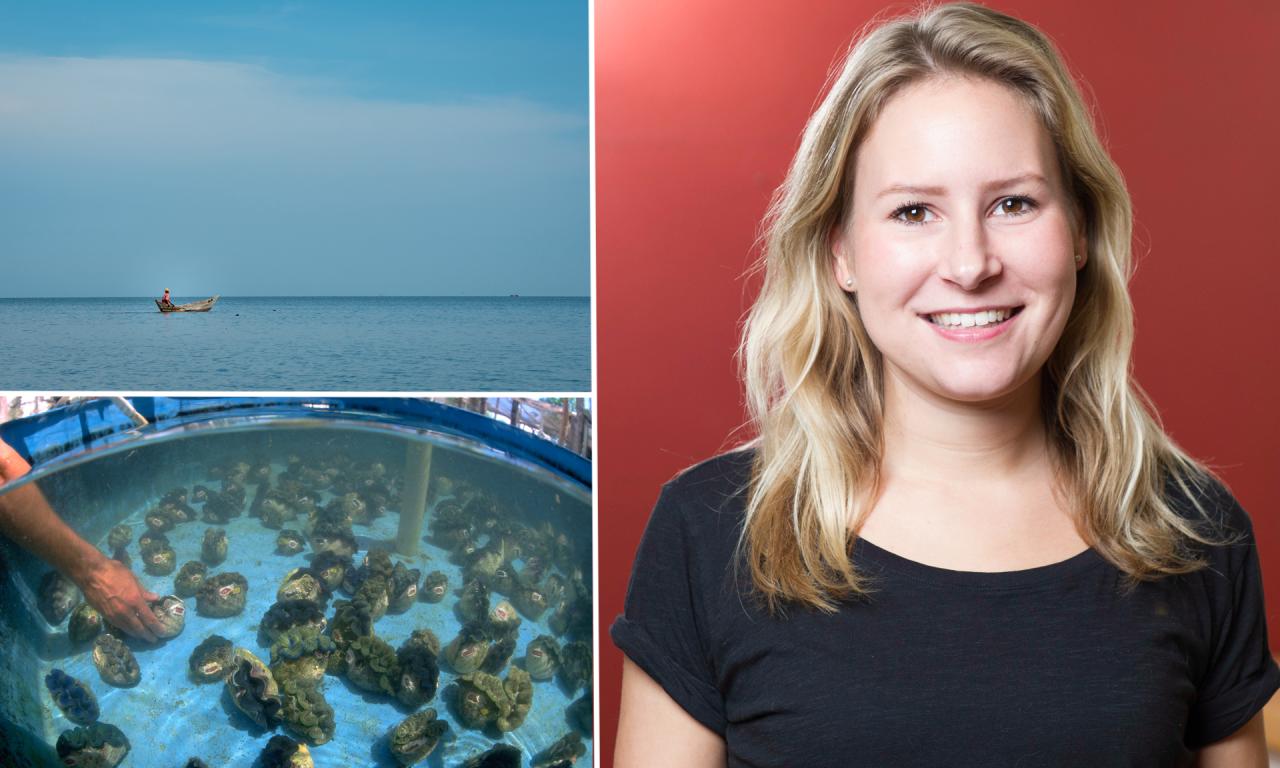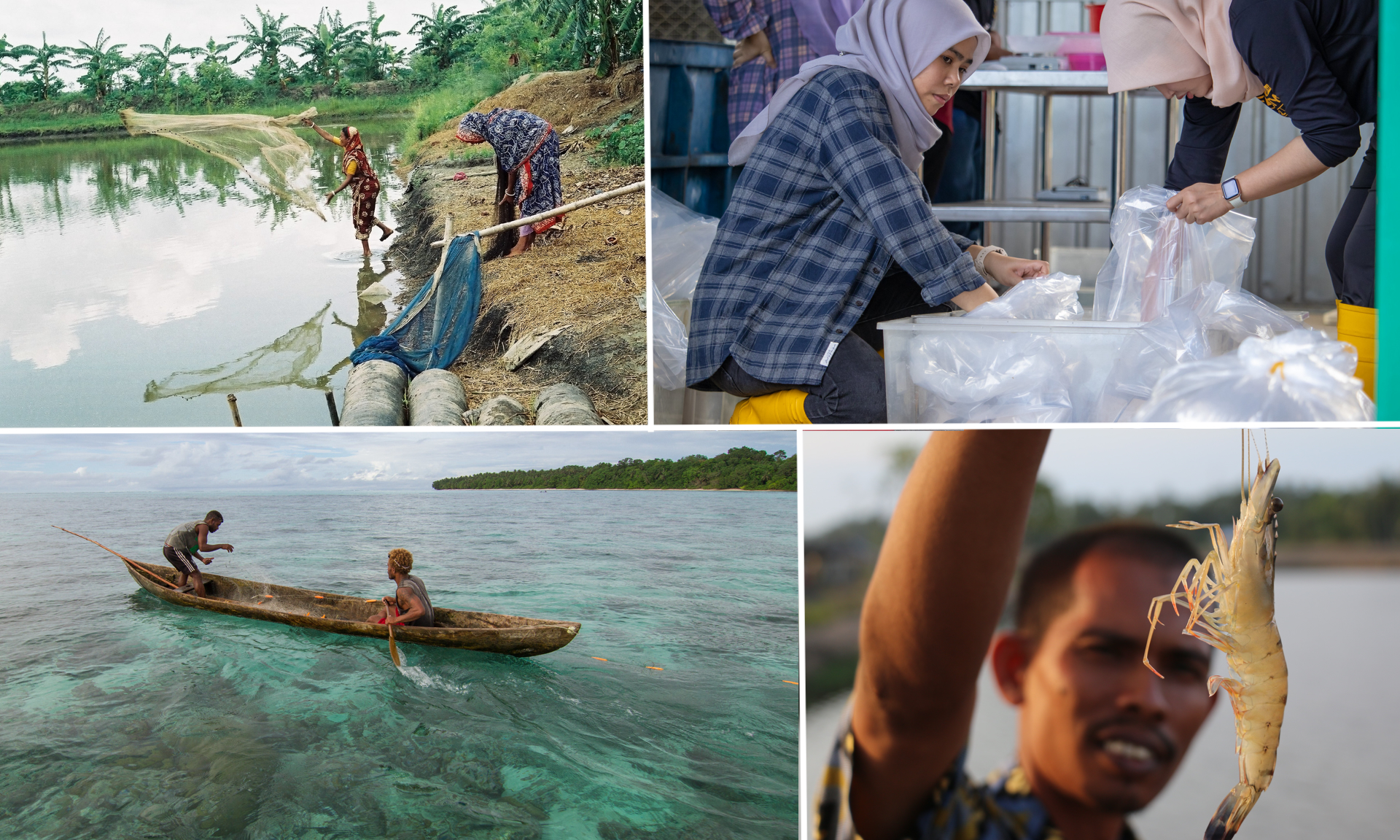
World Oceans Day is a moment to reflect on how ocean-based industries can support sustainable development but not everyone shares in the benefits. In this interview Marleen Schutter, Post Doctoral Fellow in Aquatic Food Systems, explains how the blue economy is evolving why small-scale fishers are often left behind and what needs to change to make ocean governance more just and inclusive
What is the Blue Economy and Why is it Important?
The blue economy refers to the sustainable use of ocean resources for economic growth, improved livelihoods, and jobs in a way that also preserves the health of marine ecosystems. It includes various industries such as fisheries and aquaculture, but also tourism, renewable energy, shipping, and marine biotechnology. The blue economy is important because it is a concept that increasingly influences governance and investment in the ocean space.
What are Some of the Main Challenges Small-Scale Fishers Face in the Blue Economy?
Small-scale fishers face several challenges in the blue economy, including limited access to resources and markets, competition with industrial fishing operations, insecure tenure rights, and vulnerability to environmental changes and disasters. Our research found that blue economy investments tend to prioritize other sectors than fisheries and aquaculture, and indeed that blue economy projects can have negative effects on social equity. Addressing these challenges will be crucial to combat poverty, food insecurity, and marginalization of small-scale fishing communities.
What are the Biggest Barriers to Making the Blue Economy Fair and Inclusive for Everyone?
Despite its opportunities for economic development, it is essential to recognise that there are challenges that need to be addressed to ensure its benefits are shared equitably and sustainably. The biggest barriers to making the blue economy fair and inclusive for everyone include unequal access to resources and markets, a lack of representation for marginalized groups, and power imbalances between different stakeholders.
How do Power Dynamics Influence Who Benefits from the Blue Economy, and What Can Be Done to Make it More Balanced?
Power dynamics can influence who benefits from the blue economy, and powerful actors can dominate decision-making processes. This can lead to an inequitable distribution of benefits. To make the blue economy more balanced, it's essential to promote inclusive governance, ensure the meaningful participation of all stakeholders, including marginalized groups. In addition, there is a need for strong social protection mechanisms, and design and implementation of equitable policies and regulations.
What Future Trends Do You See in the Blue Economy that Could Help Achieve Both Environmental and Social Justice?
Increased scrutiny on the tangible outcomes of blue economy initiatives has led to more attention to the distribution of benefits and costs. There is more discussion now on equitable processes and outcomes, and this shift in emphasis could lead to more sustainable and just outcomes. This includes exploring nature-based solutions to resource management, supporting small-scale and community-led initiatives, and recognizing the value of indigenous knowledge systems in decision making. There is widespread interest in blue finance, and making sure investments benefit those who need it most will help the blue economy meet its promise of providing food security, supporting livelihoods, and preserving the health of marine ecosystems, all at the same time!

